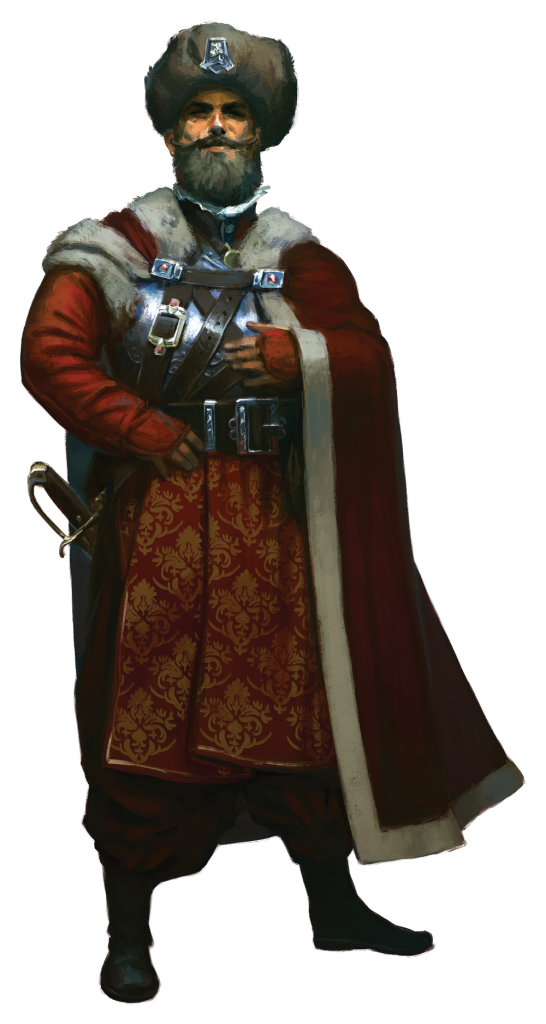Our culture and history did not have an easy path to Western consciousness. Literature failed, and Polish cinematography had and still has a problem – not counting a few glorious exceptions. Unexpectedly, with the help of games, the phrase “video game from Polish developer” began to be associated with high quality. And with them, we managed to smuggle some of our culture in by the way. But that’s just the beginning.
To write about the success of The Witcher the Third again is like trying to sell sand to a Bedouin. However, much more than the financial success itself or the adoration of critics, the native cultural baggage that the creators have placed in their game is interesting. In the first place, the plot, the world and characters are based on Sapkowski’s books, so naturally we find the most references to the Saga of Geralt. In second place, however, is the wealth of inspiration drawn from our legends, history, literature, art and pop culture. If you played (and you could not not play, right?), You know very well that you can almost constantly laugh under your breath while finding new references.
For most Western players, Slavic aesthetics is simply an artistic treatment, an exotic that, although interesting and new, does not encourage them to reflect deeply. It’s just that “slavic theme” has become fashionable now. However, there are people who, by investigating the subject, discover a completely unknown world of our culture. It is enough to look at the threads on Reddit, where Polish players try to explain fragments of The Witcher, which are not so obvious to the Western audience.
Table of Contents
The Republic of Poland in a stormy sea of pop culture
Meanwhile, a completely different product of pop culture appeared unexpectedly, in which Polish culture is noticed and used as an inspiration. It is about the 7th Sea role-playing game, the second edition of which is collecting funds on Kickstarter with extraordinary success. Its world is very loosely modeled on 17th-century Europe, so you will find here the equivalents of the largest countries of that period. The problem is that the Polish-Lithuanian Commonwealth was missing from the first edition. The author of 7th Sea has twice appeared in Poland at conventions of fantasy enthusiasts, and on this occasion the fans did not forget to point out this derogatory lack of it. In the second edition, he did not make this mistake.
In the new version of the Seven Seas, the Commonwealth appears, two nations connected by one crown, in which each resident is a noble and citizen. As Wick himself admits, if there is one person responsible for smuggling the Sarmatians into the second edition, it is Maciej “Lucek” Sabat, who has recently passed away. Perhaps it is thanks to him that the image of the Republic of Poland as we know it from history will break through to the consciousness of Western recipients. Maybe we’ll finally stop being thrown in the same bag with the Russians? It is still a long way to complete the collection and publication of the textbook, but I will closely observe how this extremely interesting period in the history of Poland will be transformed by Western authors.
A temporary fashion or the beginning of a trend?
Of course, it’s hard to compare The Witcher’s success and its huge impact on pop culture with a role-playing manual. Both of these situations show, however, that, contrary to the complexes cultivated over the years, our cultural heritage can be sold, it is enough to give it an attractive form. It now remains to wait only for Assassin’s Creed in Warsaw.
Don’t forget to stop by Facebook and leave a comment.
